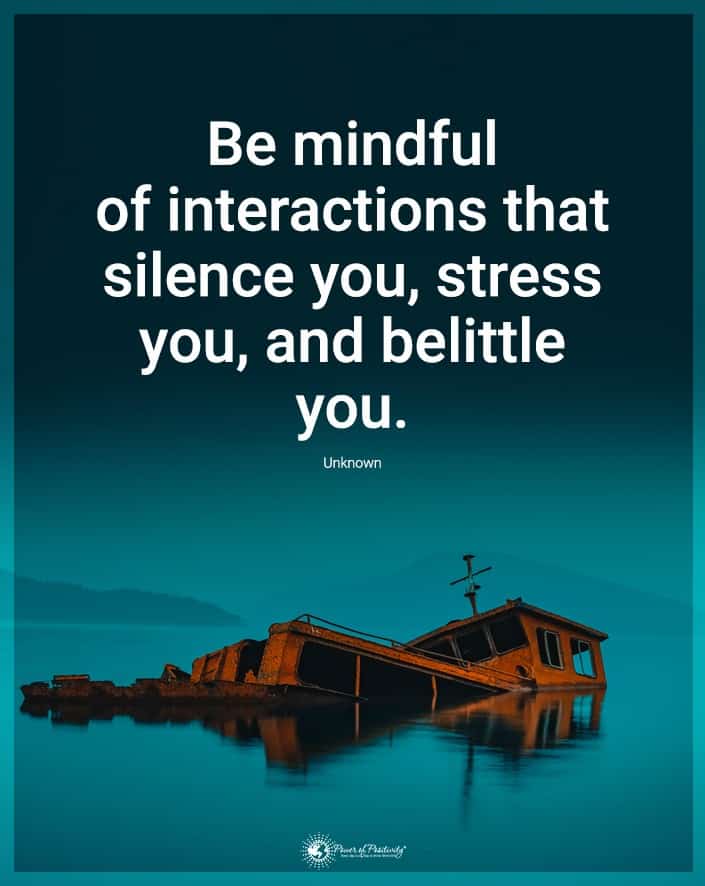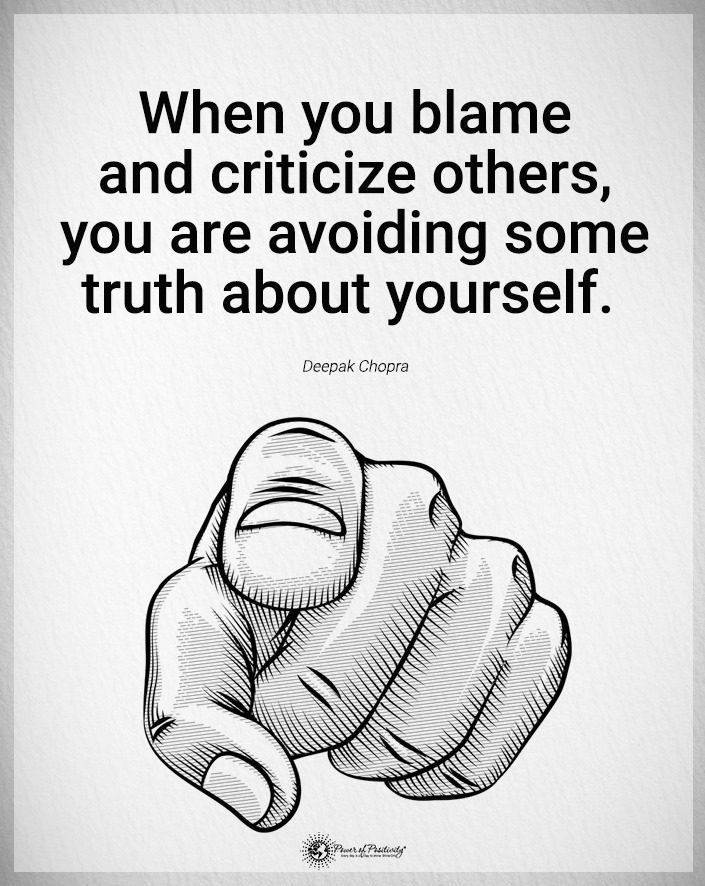Do you ever have deep, intense feelings that overwhelm you to the point of exhaustion? While these emotions are unproductive and harmful, it’s not dysregulation. Emotional dysregulation is a confusing and scary medical condition where someone can be laughing hysterically one minute and crying the next. They seem to have no control over their feelings.
Sure, the emotions of these individuals are oversized, but this person can become really upset at things that might not bother someone else at all. For instance, if someone took your parking spot when you had your blinker on, indicating you would park there, you might be upset. However, the person with dysregulation issues cannot regulate their emotions, so they may become verbally abusive or break down and cry.
Understanding Emotional Dysregulation
Think of all the people you know and how they handle their emotions? Do you know some folks who tend to have stronger feelings that are oversized more than others? You might label these individuals as being overly sensitive or having thin skin.
Sadly, what often lurks behind the surface is a person that doesn’t know how to control their emotions from a coexisting mental health issue, and they quickly respond to triggers. However, it would help if you kept in mind that not every person with strong emotional reactions is experiencing dysregulation.
How you manage your feelings is part of regulating them, and dysregulation doesn’t occur until someone has intense emotions that they cannot control repetitively. It’s an actual disorder that can inhibit your ability to function daily, and it can cause severe issues with your relationships.
An Example of Emotional Dysregulation
 If you get angry, can you soothe yourself till your calm again? If someone gets you so worked up that your anger reaches a ten, do you have the ability to get yourself back down to a four using calming skills? Someone with emotional dysregulation will have difficulty pulling themselves from the throes of anger to deescalate the situation.
If you get angry, can you soothe yourself till your calm again? If someone gets you so worked up that your anger reaches a ten, do you have the ability to get yourself back down to a four using calming skills? Someone with emotional dysregulation will have difficulty pulling themselves from the throes of anger to deescalate the situation.
It might take this individual an hour or even days to overcome a severe emotional episode. Someone who is experiencing dysregulation may also suffer from anxiety, and it can cause them to spiral out of control with the fear of not being able to calm down. These individuals lack coping skills, and they often make choices during these times that they soon regret.
While it’s easy to see how someone can let anger fester out of control, a person who suffers from emotional dysregulation cannot control happiness either. A promotion at work can send them off the deep end, as they cannot control the joy they feel.
Seven Key Signs of Emotional Dysregulation
Do you have a hard time regulating your emotions no matter how hard you try? Well, here are some signs that you have an issue with dysregulation.
1. You Feel Powerless to Resolve Conflicts
Problem-solving is not a strong suit for those who have dysregulated emotions. If a couple cannot agree on what color to paint the living room, the person who cannot regulate their emotions might experience extreme fear, incompetence, or anger. While it’s certainly nothing to lose sleep over, this individual takes things to the extreme.
It’s like being stuck in a pool of quicksand and unable to break free. The harder you fight the situation, the further you sink into the disparity of it all. Something so small as changing the color in the living room can end up being an all-out battle.
2. You Have Other Mental Health Issues
Many mental health concerns run together. For instance, a person with borderline personality disorder can have severe mood swings, according to the Mayo Clinic.
They have problems regulating their emotions due to their illness, so this diagnosis of dysregulation may be a secondary one to the primary condition. In almost all instances, the person deals with high levels of anxiety and the inability to cope, making their life miserable. Is it any wonder why they have so many issues within their relationships?
3. You Refrain from Experiencing Undesirable Feelings
Being unable to regulate your emotions can be painful. To try to avoid this discomfort, you disconnect from your feelings. Rather than figure out what they are and control them better, you would rather avoid them.
Some people can’t accept what they’re feeling, and they sense extreme sadness over the situation. This individual may suppress their emotions to the point of feeling numb. While this is not a healthy way to cope, they try anything in their power to avoid an emotional explosion. It’s not only painful for them to experience, but it’s also challenging for those around them.
4. Genetic Components
Does anyone else in your family have a challenging time regulating their emotions? If you have a parent or grandparent with this issue, there’s a strong indication that genetics could be involved. It’s possible you were born this way, though biology doesn’t have the power to dictate your future.
It’s a greater challenge to overcome familiar ties, as they tend to run the deepest. However, through therapy and learned coping skills, it can be done.
 5. Emotional Neglect
5. Emotional Neglect
People who experience emotional neglect as a child may be more likely to suffer from dysregulation than others. Kids learn how to manage their feelings and learn coping skills early on, but the nurturing you receive can take over your nature. Your parents are the people who teach you how to problem-solve, and they instruct their kids how to deal with anger and stress.
A child who isn’t taught such skills at a young age can struggle with this all their life. Have you ever seen a parent hand a child a cookie or ice cream to get them to calm down? These are negative self-soothing behaviors that can come with severe consequences.
If you learn during childhood to turn to sweets when you feel emotional, you can have a weight issue spiraling uncontrollably. Sadly, this type of nurturing can go unnoticed in even the most loving homes, and it can stem back to the parent’s childhood. They copy their parenting skills from their parents, so history has a way of repeating itself until someone breaks the cycle.
6. Other Disorders May Fuel Emotional Dysregulation
Dysregulation isn’t a separate disorder. Instead, it’s typically the secondary diagnosis to common issues like anxiety or PTSD. It’s not common for someone to have emotional dysregulation without another driving condition, as it’s almost always fueled by stress-related illnesses or other severe mental health disturbances.
It’s usually the case that the person suffers from many mental health disorders, and the emotional issues are the ones that take center stage as the most noticeable. The sad part is that treating the emotional aspects won’t fix illnesses like bipolar or PTSD, but it can help to reduce some of the symptoms you experience.
Targeted treatment plans can help address all the mental health issues, but many find that some other symptoms dissipate once they get the dysregulation under control.
7. Self-destructive Actions
If you have a challenging time regulating your emotions, you probably participate in self-defeating endeavors to feel better. Sadly, these behaviors will sabotage any relationships in your life. For instance, if you and your partner argue, you may go to drastic lengths to show this person how upset they’ve made you.
When your emotions get the best of you, you may become very toxic. You may call your partner names, throw things at them, or act in a way that indicates your emotions have taken over your rationale. When you’re emotionally dysregulated, it can be terrifying to individuals who feel a lack of control.
The key is to find effective coping mechanisms for these over-the-top feelings. Many times, people who can’t regulate their emotions will try to self-medicate the pain away. It’s not uncommon for these folks to be involved in gambling addictions, use drugs or alcohol, or have one-night stands. These individuals may also engage in cutting, binge eating, or other methods to help with their anxiety.
 Final Thoughts on Identifying Emotional Dysregulation
Final Thoughts on Identifying Emotional Dysregulation
Abigail Rolston, BA & Elizabeth Lloyd-Richardson, Ph.D., co-wrote an article for Cornell University. They discuss the importance of learning coping mechanisms to deal with the emotional dysregulation a person experiences. Things like journaling, exercise, meditation, talking to a counselor, and knowing when to take a break are important.
Indeed, it’s not always easy to control your emotions. So even if you don’t have a regulation issue, having the inability to control the intensity can be torture. The key is to work with a therapist and uncover any underlying health issues fueling the fire. Many with this condition have other illnesses like a bipolar diagnosis or borderline personality disorder. But you can’t ignore the role anxiety plays either.
The good news is that you can learn practical coping skills to help you better regulate your emotions. By learning to identify your triggers, you can prevent an emotional escalation and the pain that comes along with it.




















